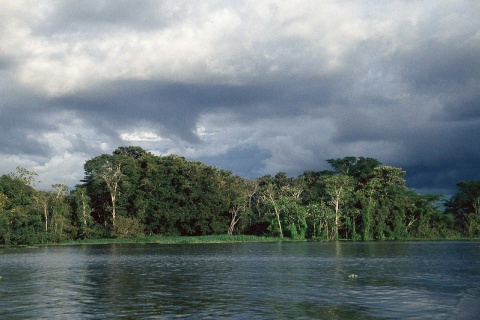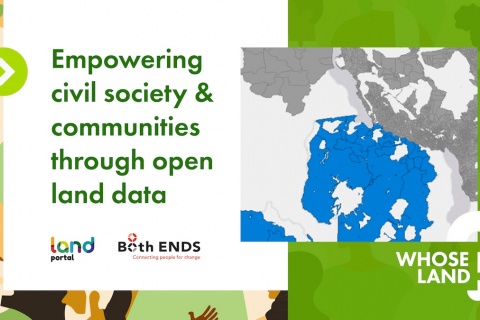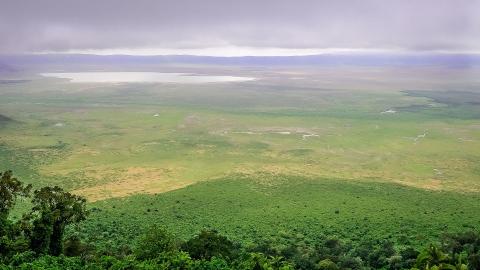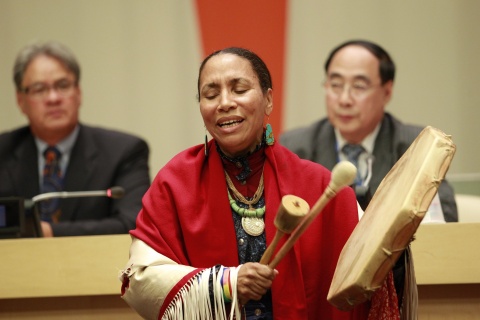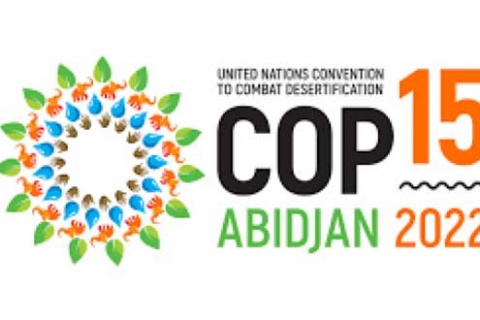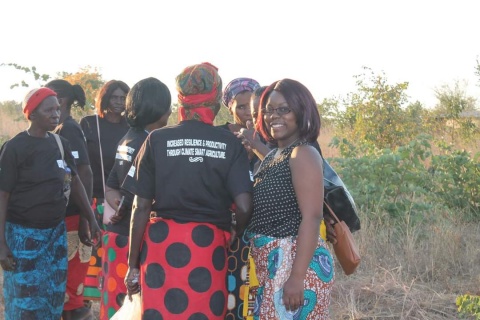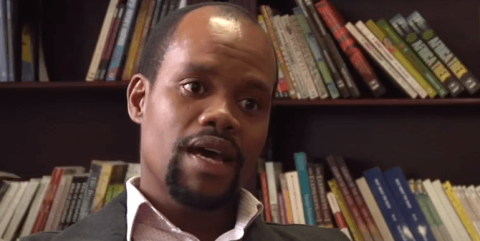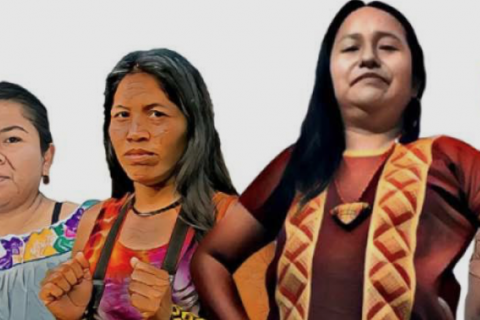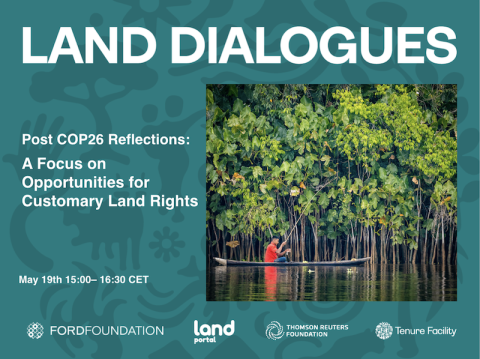Descubra historias ocultas y voces no escuchadas sobre asuntos de gobernanza de la tierra en el mundo. Aquí es donde la comunidad del Land Portal comparte actividades, experiencias, desafíos y éxitos.

Siga nuestra serie de blogs sobre Objetivos de Desarrollo Sostenible! !
Issues
Geographical focus
Por: Claudia Mazzeo
“Aún es un desafío alcanzable, pero nos encontramos en un momento crucial para detener, en menos de una década, la deforestación y la degradación de la Amazonía, afirma una declaración dirigida a los líderes reunidos en la reciente Cumbre de las Américas celebrada en Los Ángeles (EEUU) que ofrece soluciones para ese fin.

Lucas Yamat and Pablo Manzano
The future of Ngorongoro has been the subject of hot debate among various stakeholders following a proposal by the government of Tanzania to relocate pastoralists from the district in order to conserve this important World Heritage site.
The proposal is based on claims that wildlife in the reserve faces extinction due to a sharp increase in human and livestock populations. Discussions about the proposal have caused concern among the residents of Ngorongoro who fear that they face eviction.
La semana pasada, la Coalición Internacional para el Acceso a la Tierra (ILC) organizó su 9º Foro Global de la Tierra en Jordania, la primera gran reunión en persona de la comunidad de la tierra en tres años.
Para que las intervenciones en materia de gobernanza de la tierra sean equitativas y sostenibles, el papel de las mujeres debe pasar a primer plano de forma activa. Pero, ¿cómo se hace esto? ¿Y cómo se mide? Estas son las preguntas que se plantean en el programa LAND-at-scale.
The 15th session of the Conference of Parties (COP15) to the United Nations Convention to Combat Desertification (UNCCD), is taking place in Abidjan Côte d’Ivoire, from 9 to 20 May 2022. The theme: “Land, Life. Legacy: From scarcity to prosperity.” “We are faced with a crucial choice,” Deputy Secretary-General Amina Mohammed told participants: “We can either reap the benefits of land restoration now or continue on the disastrous path that has led us to the triple planetary crisis of climate, biodiversity and pollution”
Just like many African countries, a majority of Zambian tribes follow a matrilineal system, that is, an affinity system in which descent is derived through maternal instead of paternal lines which essentially means children are recognised by the names or family of their mothers. This does not only affect decent but also involves the inheritance of titles and property including land through the female line. One might ask why women have less access and control of land in Zambia when land and property is inherited through maternal lines.
South Africa needs to move away from siloed and passive approaches toward water management and adopt more proactive, robust and integrated approaches.
Apopular phrase in a time of crisis is “it never rains, but it pours”. This is usually a figurative expression referring to the overwhelming sense of chaos at a given time. South Africa is a country which has not been spared from economic, social and political chaos over the past few months, and the phrase has now taken on a literal meaning.
Traditional leaders assign land giving little consideration to spatial planning for long-term, sustainable settlement. People are settled in places unsuitable for human habitation. And climate change will bring added volatility and exposure.
Por: Víctor Quintanilla Sangüeza
Es vital que los pueblos indígenas y comunidades tradicionales tengan la oportunidad de usar y fortalecer su propia voz no solo para denunciar la violación sistemática de sus derechos, sino también para compartir conocimientos ancestrales que son clave para enfrentar la crisis
ambiental y climática actual.
Sin embargo, por diferentes razones, las organizaciones que acompañan las luchas indígenas —así como los medios y periodistas que las retratan— con frecuencia hablan en nombre de pueblos y comunidades.
"Por fin, estamos empezando a cosechar más de 100 años
de defensa internacional de los pueblos indígenas".
- La Dra. Myrna Cunningham Kain, sobre sus primeras reacciones al compromiso de 1.700 millones de dólares

